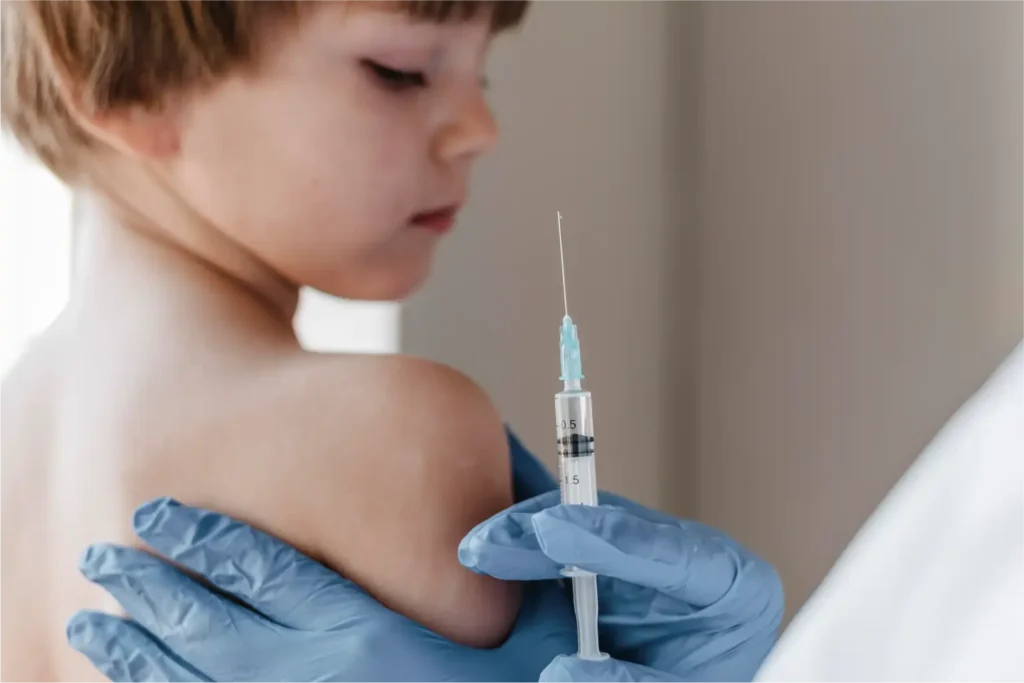
Strep A vaccine: Scientists have discovered how young children naturally build immunity to the bacterial infection Strep A, a breakthrough that could accelerate vaccine development and potentially save up to half a million lives worldwide each year.
Strep A, or Group A Streptococcus, is a common bacterium that can cause mild illnesses such as sore throat and skin infections but can also lead to life-threatening conditions. While deaths from Strep A are relatively rare in wealthier nations, the infection kills thousands annually in low and middle-income countries.
The research, led by the University of Sheffield in collaboration with the Medical Research Council (MRC) Unit, The Gambia at the London School of Hygiene and Tropical Medicine, tracked how children in The Gambia develop natural immunity to the infection.
Also Read | What you need to know about New York’s deadly Legionnaires’ outbreak
The team identified specific antibodies linked to protection against Strep A, according to findings published in Nature Medicine. They found that infants are born with some maternal antibodies, but this protection fades quickly. After early exposure to Strep A, young children rapidly develop antibody responses to different parts of the bacteria, creating a crucial window for immunity building.
Lead author Dr Alex Keeley said the discovery removes a major hurdle in the development of a vaccine. “For the first time in humans, we have observed how antibodies formed after vaccination could work to prevent infections,” he said.
Gambian researcher Fatouamta Camara called Strep A a “devastating burden” with severe health and socio-economic impacts, adding that a vaccine offers hope to “break this cycle and allow children to thrive.”
The study was part of a collaboration between Sheffield’s Florey Institute of Infection and the GSK Vaccine Institute for Global Health.








